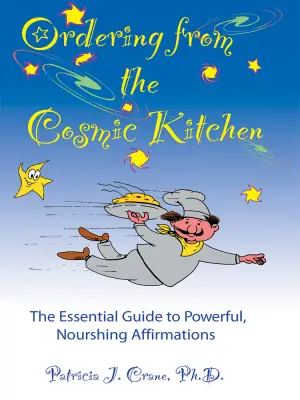I recently finished reading the updated third edition of Unbeatable Mind by Mark Divine, and I must say, it was quite an experience. As someone who enjoys self-help and motivational literature, I was drawn to this book because of its promise to help readers develop their maximum potential through integrated warrior development. The blend of philosophy and practicality piqued my interest, and I was eager to see how Divine’s background as a retired Navy SEAL could translate into everyday advice.
From the outset, I found Divine’s writing to be highly engaging. It is clear he has a gift for storytelling, and his anecdotes from military life are both inspiring and relatable. Readers like Broken and Damaged echoed my sentiments, noting how they were hooked from the very first page. I could see why—it’s the sort of book that invites you to reflect on your own life and approach to challenges. The principles outlined in the book are profound: achieving mental toughness, developing awareness, and cultivating a warrior spirit. Divine offers tangible methods for incorporating these qualities into our daily lives, which I found particularly helpful.
One of my favorite concepts was the idea of increasing one’s capacity to perform under pressure. This definitely resonated with me as someone often overwhelmed by life’s demands. I appreciated Divine’s emphasis on mental clarity and how it can facilitate better decision-making even in high-pressure situations. This is crucial advice for anyone, whether you’re a corporate leader, athlete, or just navigating the ups and downs of daily life.
However, while I enjoyed the book overall, I found some areas a bit lacking. For instance, Sixtus pointed out a fair criticism: while Divine emphasizes developing a warrior’s mindset, he tends to focus heavily on elite military experiences and examples from sports. Unless you’re in that context, some of the lessons might seem abstract or hard to relate to. I agree that more accessible examples could enhance the book for individuals not engaged in team environments or high-performance settings.
Divine also poses thought-provoking questions about purpose and passion, urging readers to identify their “one thing.” This can be a powerful exercise; however, it may intimidate those who haven’t yet figured out their direction in life. I found this approach a double-edged sword: while it encourages deep self-reflection, it might also alienate some readers who feel they lack clarity in that regard.
On the positive side, the book is filled with practical tools and actionable steps that you can implement immediately, which users emphasized in their reviews. The guidance on developing resilience and how to “embrace the suck” when faced with discomfort is something I plan on incorporating into my own routine moving forward. It’s like a strategic guide to building inner strength, and that alone is invaluable.
In terms of writing quality, I found it quite approachable, which was a recurring theme in customer feedback. Many readers noted that Divine’s style makes the heavy subjects easy to digest—something I wholeheartedly agree with. The book maintains a conversational tone, making it feel like you’re chatting with a wise mentor who genuinely wants to see you succeed.
In conclusion, Unbeatable Mind provides robust insights into personal development, merging the worlds of mental toughness and life strategy. While it has its minor drawbacks—primarily its potential disconnect for people outside high-performing environments—I believe the rich wisdom and practices offered make it a worthy read. For anyone looking to improve their mindset and embrace life’s challenges, I highly recommend picking up this book. You may just discover the “warrior within” that Divine speaks so passionately about.








